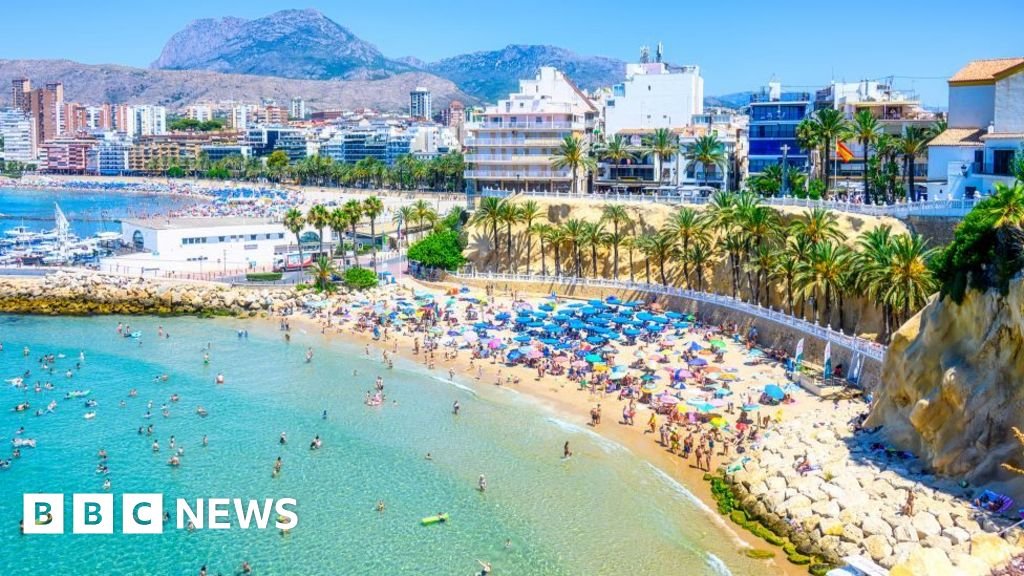Spain is the second most popular tourist destination in Europe, with more than 82 million visitors in 2023, including 17 million from the UK.
The start date of the new rules – officially known as Royal Decree 933/2021 – has been pushed back from October 1 to December 2 to give industry more time to prepare.
Both tourists and Spanish residents will be required to provide information, which will also include phone numbers, email addresses and the number of travelers.
Businesses will have to register with the Home Office, report the data collected daily and keep a digital record of the information for three years, and face fines of between €100 and €30,000 (£80-£25,000) for breaches.
Meanwhile, Airbnb has told property owners who rent out accommodation through its website that they must be registered with the Spanish government and collect data from their customers.
In a statement, the Home Office said the rules were “justified by the general interest in the safety of citizens against the threat of terrorism and other serious crimes committed by criminal organisations”.
But hotel industry body CEHAT said the change “puts the viability of the sector at serious risk”.
It says that both tourists and Spanish citizens will have to deal with “complicated and tedious administrative procedures that harm their experience of living”.
He added that hoteliers are forced to comply with “confusing and disproportionate rules” that conflict with other European directives related to data protection and payment systems.
Travel journalist Simon Calder told the BBC that the Spanish government is concerned about organized crime and terrorism and “just wants to know… who’s coming and going, where they’re staying and what cars they’re renting”.
Many accommodation and car rental providers are expected to automate data collection through online check-in.
Mr Calder predicted there would be “quite a lot of standing at the front desk” when the rules come into force, but said it was “very low season” and would give businesses time to get used to the system.
Gibraltar-based Penelope Belkus, a travel content creator on the blog The Flyaway Girl, said the new rules “add another layer of paperwork that can seem like a hassle when all you want to do is relax on holiday”.
And she agreed that they “might slow things down a bit, especially at check-in, because now there’s more paperwork to process.”
But she said that while the level of data collection in Spain “feels more stringent” than elsewhere, hotels and car rental companies already collect much of the information required from travelers.
“We’re still waiting to see how this will affect things like last-minute hotel bookings or car rentals,” she added. “Hopefully it won’t cause any major problems, but it’s definitely something to keep an eye on in case there are any changes.”

